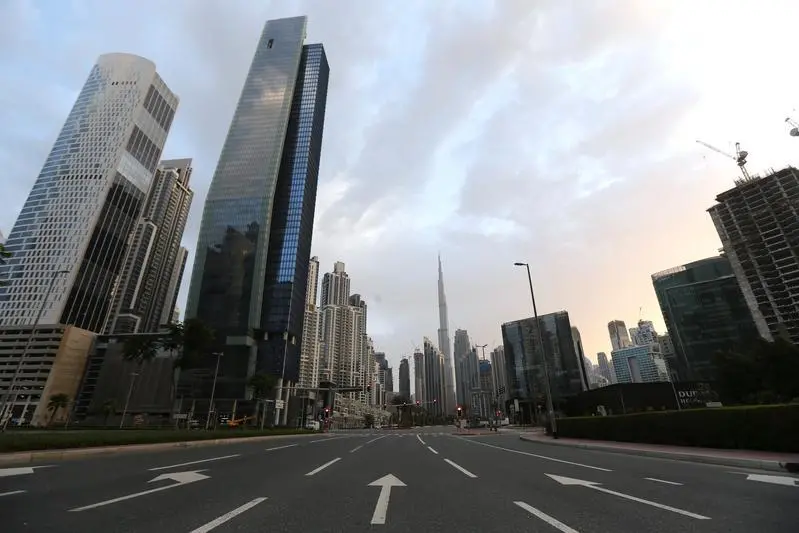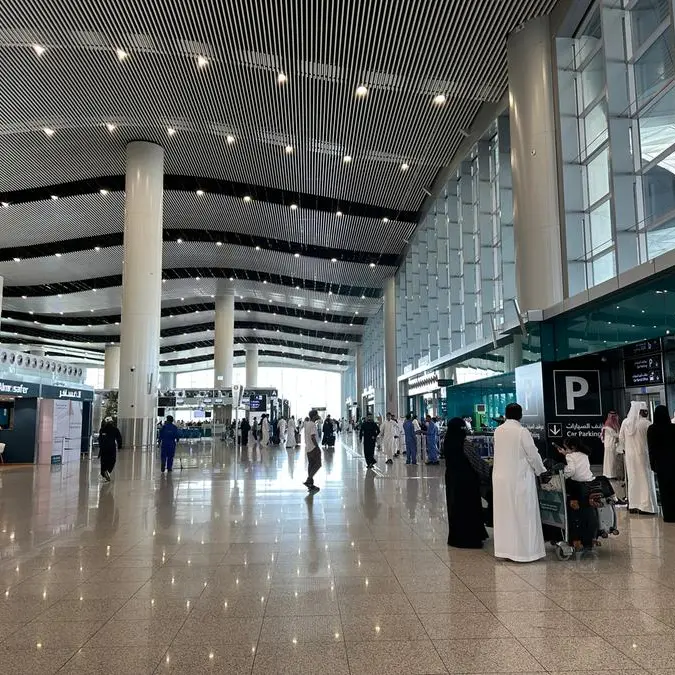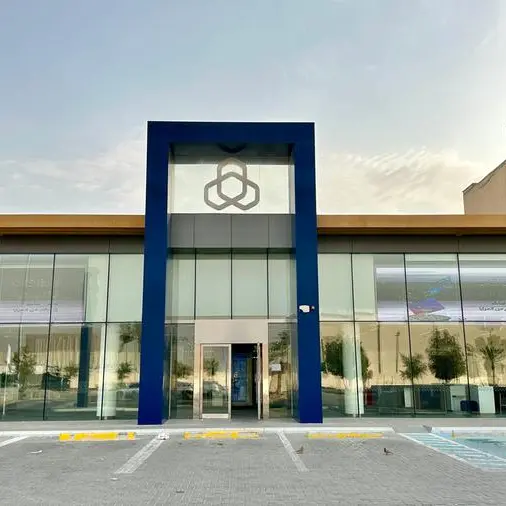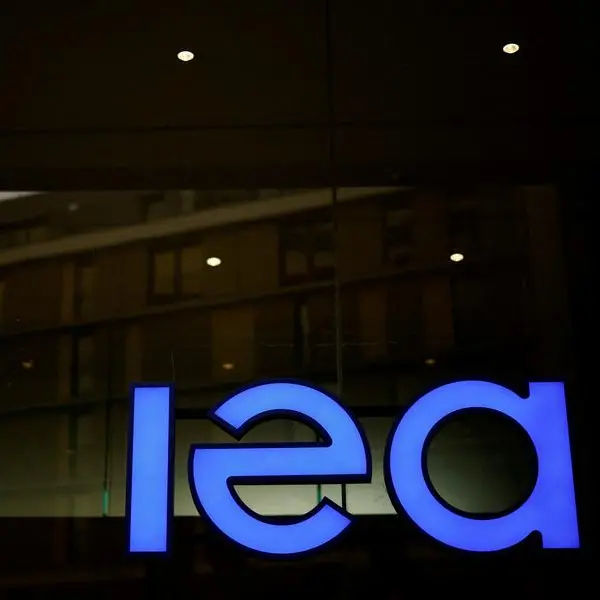PHOTO
While the coronavirus outbreak has devastated a lot of companies in various sectors worldwide, firms in real estate can adopt several strategies to ensure business continuity, according to JLL.
In its latest report “Developing Asset Resilience,” the global property consultant also revealed some trends that are likely to shape the industry, such as the adoption of technologies to ensure public safety.
“While the immediate impact of COVID-19 on market performance will heavily depend on the extent to which normal activity is resumed, and the government initiatives undertaken to promote the country’s real estate market, there are a range of strategies entities can adopt to ensure business continuity,” Dana Salbak, head of research at JLL Middle East and North Africa (MENA) said.
Digital evolution
JLL said it expects corporates to adopt various technologies that modify the design and layout of office spaces to meet employee needs and promote health and wellness standards in the workplace.
The property consultant also forecasts that landlords and corporate tenants will implement tech-based solutions, such as thermal imaging cameras, automatic digitised elevators and building control systems in the future.
“Deploying technologies that create a differentiated customer experience and support investors and landlords in understanding their asset better, will ensure asset resilience and longevity,” Salbak said.
The report also cited other technologies that can be deployed, such as sensors and GIS technology that offers 3D replicas of the physical asset, revealing details about the space.
Life cycle asset management
According to the report, the asset management industry needs to refocus its attention and approach to the problem of deferred maintenance (the practice of postponing maintenance costs from current budget cycles) with “both eyes open.”
“This requires a broadening of the lens away from its current focus on short-term cash and inventory management, to include a more rounded view recognising the importance of longer-term strategies to protect and enhance the value of assets,” JLL said.
Life cycle asset management (LCAM) is very important in this approach, the report showed.
LCAM involves taking a more integrated approach that optimises the life cycle of physical assets from design to disposal.
“While the requirement for effective life cycle asset management strategies falls most directly on building owners, potential investors also have a strong vested interest in the long-term performance of assets they are developing or seeking to purchase,” JLL said.
“In short, responsible developers, investors, owners and tenants will all benefit from the more widespread use of LCAM planning,” it added.
Active re-entry strategies
As lockdown measures begin to ease, focus will be on how assets can be reinstated and reoccupied as quickly, safely and efficiently as possible.
“Beyond the overall inspection of the site, other steps include the targeted recommissioning of the asset in an energy-efficient manner, the reinstatement of building management systems, undertaking enhanced diagnostics, and the establishment of processes for the monitoring and inspection of facilities that will remain dark (mothballed) for some time,” JLL said.
Sustainable real estate
Building owners will benefit from sustainability measures directly through a reduction in energy and other operating costs in the long term.
“There is a growing body of evidence that shows a reduction in operational costs and a premium in returns for more sustainable assets over the longer term,” said David Pine Coffin, head of property asset management at JLL.
(Writing by Gerard Aoun; editing by Cleofe Maceda)
#realestate #trends #coronavirus #offices
Disclaimer: This article is provided for informational purposes only. The content does not provide tax, legal or investment advice or opinion regarding the suitability, value or profitability of any particular security, portfolio or investment strategy. Read our full disclaimer policy here.
© ZAWYA 2020





















